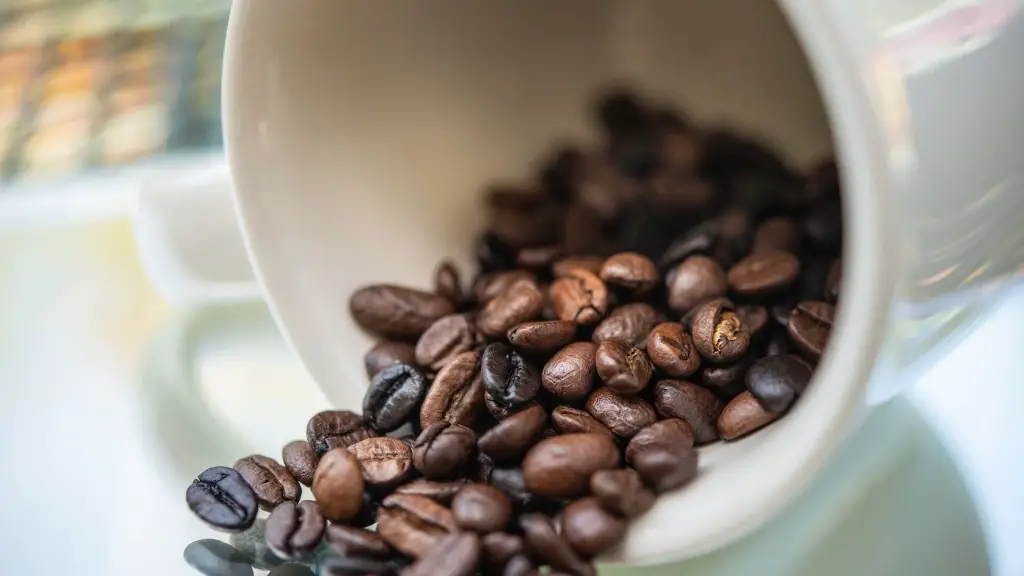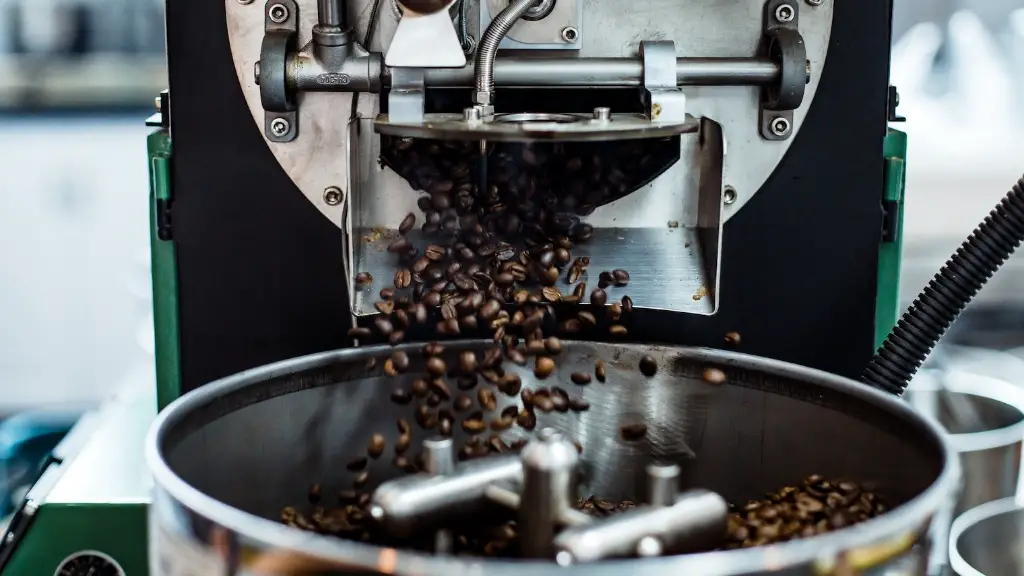Coffee has become a beverage of choice around the world. Many of us enjoy it daily and while its health benefits are well documented, drinking it can come with its own risks. This article will explore how to drink coffee in a healthy way.
One thing to keep in mind when ensuring your coffee drinking is healthy is to check how much caffeine is included in your drink. Caffeine is a stimulant and can affect a person’s mood and energy levels. In general, the recommended daily upper limit for caffeine should be up to 400 milligrams (mg) for adults according to the Mayo Clinic. Exceeding this level can interfere with sleep, raise blood pressure and increase anxiety. One cup of brewed coffee contains around 95 mg of caffeine.
Another consideration when drinking coffee is sugar intake. Many sweetened and flavored coffees can contain high amounts of sugar and other artificial sweeteners, which can contribute to weight gain, blood sugar imbalance, and even heart disease. As a healthier option, opt for unsweetened coffees and use natural sweeteners like honey or coconut sugar in moderation.
A final way to make sure you are drinking your coffee healthily is to watch your dairy options. Non-dairy milks like almond, soy, or coconut are becoming increasingly popular, as they are low in calories, packed with nutrients and vitamins, and do not contain lactose. If dairy is your preference, choose the full-fat version, as it contains more nutrition and helps to keep you full for longer. Alternatively, you can skip the milk altogether, as most people enjoy their coffee just as much without it.
In order to make sure you are drinking your coffee in a healthy way, there are some guidelines you can follow. It is important to be aware of the amount of caffeine in your coffee, as well as the amount and types of sugar, and dairy used. Opting for unsweetened and non-dairy options is the best way to support your health. Remember to listen to your body and enjoy your coffee in moderation.
Coffee Benefits
Coffee is an ancient beverage with a wide range of health benefits. It is rich in polyphenols, micronutrients, and antioxidants, which can help to reduce inflammation, boost the immune system, and improve cognitive performance. In addition, studies have shown that coffee can help protect against type 2 diabetes, Parkinson’s disease, and certain types of cancer. This is due to its ability to lower blood sugar and protect cells from damage.
Coffee has also been found to be a great source of nutrients, such as magnesium and niacin. These help the body to breakdown and absorb food more efficiently. The bioactive compounds in coffee can also help to support digestive health, regulate the absorption of vitamins, reduce fatigue, and improve focus and clarity.
Research has also suggested that coffee can help to protect the heart by reducing the risk of stroke. It can also increase blood flow, reduce blood clots, and protect against atherosclerosis. This is due to its powerful antioxidant properties, which help reduce inflammation and combat oxidative stress.
Not only can coffee improve health, it may also benefit the skin. Coffee is rich in antioxidants such as chlorogenic acid and melanoidins, which can help to protect the skin from environmental toxins and reduce the appearance of wrinkles. It can also help to reduce acne and improve skin texture.
Brewing Methods
Brewing coffee is an art and there are a variety of ways to make it. The most common brewing methods include pour-over, French press, espresso, and drip. Each method has its own unique flavor profile so it is important to find one that best suits your preferences.
The pour-over method is one of the simplest and most popular brewing methods. This process involves pouring hot water over freshly ground coffee beans and filtering it through a paper filter. This method produces a light, delicate cup of coffee and requires good water temperature control and consistent pouring.
The French press method is another popular brewing method. This process involves steeping freshly ground coffee in hot water and then pressing the grains out of the resulting liquid. This method produces a bold, robust cup of coffee and requires more time than other brewing methods.
The espresso method is an Italian technique of brewing coffee. This process involves forcing hot water through ground coffee beans under high pressure. This method produces a thick, creamy cup of coffee and requires an espresso machine.
The drip method is the most popular brewing method in the United States. This process involves using a coffee maker to slowly drip hot water over freshly ground coffee beans. This method produces a full-bodied cup of coffee and requires a good water temperature and consistent coffee grounds size.
Coffee Alternatives
While coffee is a popular beverage, it is not for everyone. Those who do not enjoy the flavor or the caffeine content may prefer one of the many coffee substitutes. These include herbal teas, such as rooibos and chamomile, decaffeinated coffee, and chicory root coffee.
Herbal teas are a healthy alternative to coffee and come with a variety of health benefits. Rooibos and chamomile are both naturally caffeine-free and are rich in antioxidants. Additionally, rooibos tea has been found to help with digestion and improve sleep quality, while chamomile tea can help to reduce stress and promote relaxation.
Decaffeinated coffee is also a good alternative for those who do not want the stimulatory effects of caffeine or the taste of coffee. This is coffee that has had the majority of its caffeine content removed. While it is still high in antioxidants and other beneficial compounds, it is important to check the labeling to ensure that the decaffeination process did not involve potentially harmful chemicals.
Chicory root coffee is a caffeine-free coffee-like beverage made from roasted chicory root. It has a similar aroma and taste to coffee and is packed with vitamins and antioxidants. It is also known to help reduce inflammation, aid digestion, and improve sleep quality.
Preparation Tips
Whether you choose to drink coffee or its alternatives, there are some tips to follow to ensure you are getting the best cup possible. The quality of the beans and water is key, so it is best to use fresh, high-quality beans and filtered water. Additionally, use the correct grind size for your preferred brewing method and be careful not to over-extract, as this can lead to a bitter flavor. Finally, remember to store your beans in an airtight container away from hot temperatures and humidity.
Coffee is an ancient drink with many health benefits. It is important to find the right way to drink it, however, as too much caffeine, dairy, and sugar can be damaging to your health. There are also many alternatives to coffee, such as herbal teas, decaffeinated coffee, and chicory root coffee, that may offer the same benefits and taste with less risk. Finally, by following some preparation tips, you can ensure that you are getting the best cup every time.





